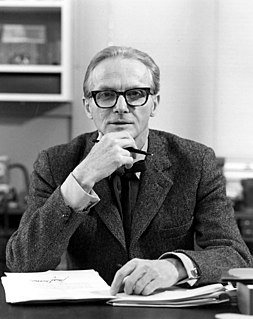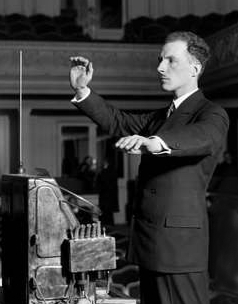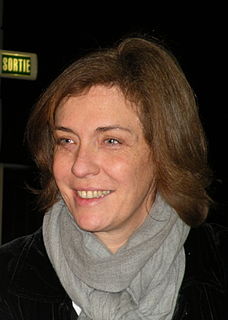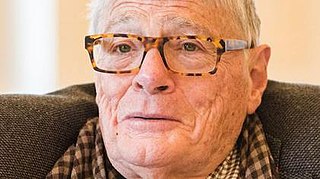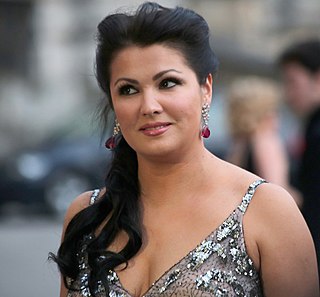A Quote by Josh Radnor
I'm a little less hungry as an actor than I used to be. When you're a director, you're the conductor of the orchestra, and when you're an actor, you're playing the violin. There's a thrill to each of them, but as the conductor, you get the fuller sound.
Related Quotes
I always maintain that playing in an orchestra intelligently is the best school for democracy. If you play a solo, the conductor and everybody in the orchestra follows you. Then, a few bars later, the main voice goes to another instrument, another group, and then you have to go back into the collective [sound]. The art of playing in an orchestra is being able to express yourself to the maximum but always in relation to something else that is going on.
What appeals to me about an American music directorship is the involvement of the conductor with the orchestra and the community. I think that's a fantastic thing. In Europe, being principal conductor means merely that you're the person who does most of the concerts. For me, that simply isn't enough.



